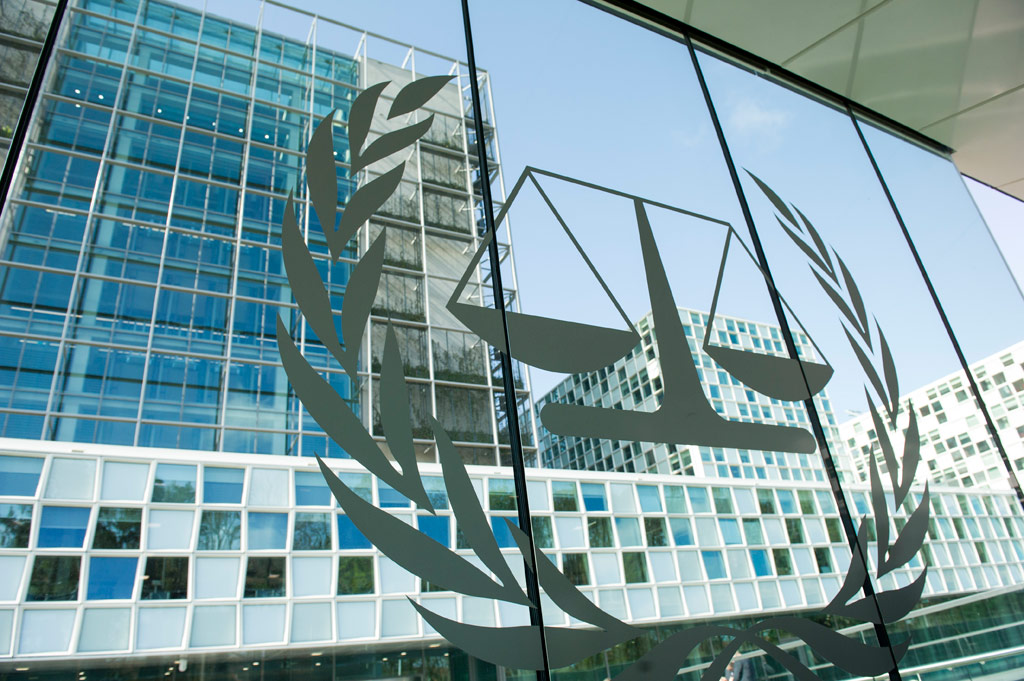As 2016 draws to a close, UN rights chief outlines enormity of challenges to human rights
Pounded by accelerating bombardment, deliberately deprived of food and medical care, many of them – including small children – report that they are simply waiting for death: a nightmare which clearly violates the most basic norms of human rights and any shred of human decency.High Commissioner Zeid, on Syria
“The pursuit of narrow interests and agendas at the expense of all other States will do tremendous damage, both to States’ interests, and to their peoples,” warned Zeid Ra’ad Al Hussein, the UN High Commissioner for Human Rights, in an informal briefing to the Human Rights Council – the primary rights body at the UN.
Voicing concern at withdrawals from the Rome Statute of the International Criminal Court (ICC), the top UN human rights official added: “These withdrawals, in my view, are a betrayal of the rights of victims of the most grave human rights violations.”
He also spoke out against recent actions, the consequences of which would undermine the legitimacy Human Rights Council. Expressing relief that these actions were unsuccessful, he called on all members of the human rights body to continue to stand by it.
“It is essential to maintain consensus on the authority of the Council’s collective decisions,” Mr. Zeid stressed.
Also, recalling his report to the 33rd session of the Council wherein he noted a number of challenges concerning access, the High Commissioner said that there had been no significant improvement and that in some cases, the situation had actually worsened.
“Most shockingly, my Office (OHCHR) has no access to any area of Syria, even as the vast majority of the people of eastern Aleppo are still trapped in a sharply worsening siege,” he said.
High Commissioner Zeid also expressed worry at what he called an “erosion of consensus” on international institutions which are being ignored, neglected or attacked.
“To erode their legitimacy and impede their action threatens essential forces for moderation and progress – at a time of heightened risk,” he underscored.

A boy, displaced from the ongoing conflict in Syria, sits and reads a book in the rubble of destroyed buildings. Photo: UNICEF/UN029875/Al-Issa
Recalling his missions to Western Europe and North American, Mr. Zeid spoke of increasingly worrying levels of incitement to racial or religious hatred and violence, whether against migrants or racial and religious groups.
“Discrimination, and the potential for mob violence is being stoked by political leaders for their personal benefit, and the number of recorded hate crimes appears to be rising in several States,” he cautioned.
On the upcoming Human Rights Day (10 December), High Commissioner informed the Council that OHCHR will be will be launching a global public-information campaign targeted against mutual suspicion and distrust. “We need to nurture tolerance and respect, as well as stronger awareness of the universal capacity of everyone to stand up for the rights of others in daily life,” he said.
Further in his briefing, he spoke of worrying human rights situation in Myanmar and Burundi.
Following High Commissioner Zeid, Deputy UN High Commissioner for Human Rights Kate Gilmore and UN Assistant-Secretary-General for Human Rights Andrew Gilmour also informed the Council of their own missions.


